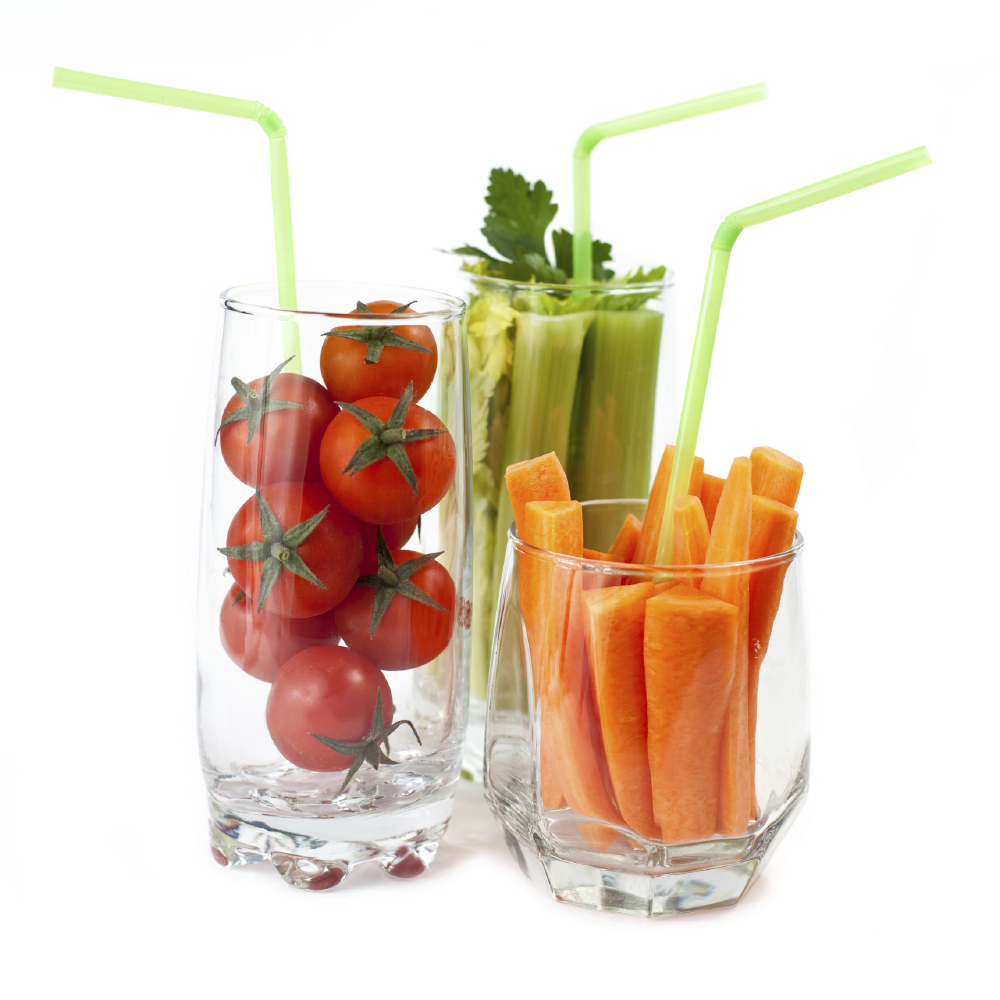
Detoxes can lead to weight loss, but they're not sustainable
There's plenty to be said about detox diets, but which fence are you sitting on?
Evelyn Toner, Senior Specialist Dietitian at London Bridge Hospital (www.londonbridgehospital.com) dishes up the truth on detox diets, and offers up her top five tips for detoxing the healthy way:
"In reality 'detox diets' do not work. They are based on the impression that toxins 'build up' in our bodies and can be removed by eating, or avoiding, certain foods. There is no evidence for this and if toxins really did build up, we would all start to feel very ill! In truth, our bodies eliminate toxins on a daily basis using many physiological functions and organs e.g. the liver, kidney, lymph system and digestive system.
'Detox diets' may lead to weight loss due to their extreme nature, calorie restriction and the fact that they cut out whole food groups. There is no evidence for them, the weight loss is not sustainable and is usually regained once a normal diet is resumed. However, to keep your body functioning well, optimise your health, increase energy levels and improve skin, hair and nails, follow the 5 tips below:
Include a variety of fruit and vegetables every day - the more colourful and varied the better, and they can be fresh, frozen, tinned, dried or as juice. Include some at each meal and as a snack between meals, aiming for 5 portions a day. These will give you a wide range of vitamins, minerals, antioxidants and fibre.
Drink plenty of fluid, aiming for 1.5 - 2 litres a day. All non-alcoholic drinks count but try to avoid sugary soft and fizzy drinks and excessive caffeine-containing drinks. This will keep you hydrated, help flush toxins and keep skin glowing.
Choose high fibre starchy foods, e.g. brown bread, potatoes with skins, brown rice and pasta and include these with each meal. This will help you feel full for longer and provide important vitamins, minerals and fibre, which will keep your digestive system healthy and prevent constipation.
If you do choose to drink alcohol, drink sensibly and avoid binge drinking. Men should consume no more than 3 - 4 units a day and women not more than 2 - 3 units a day. These units cannot be 'saved up' and then used in one or two nights!
Eat less salt. Even if you don't add salt to your meals, many foods are already high in salt. Excessive salt intake can increase your blood pressure and risk of other diseases. Use food labels to choose foods with less than 1.5g salt/100g.

